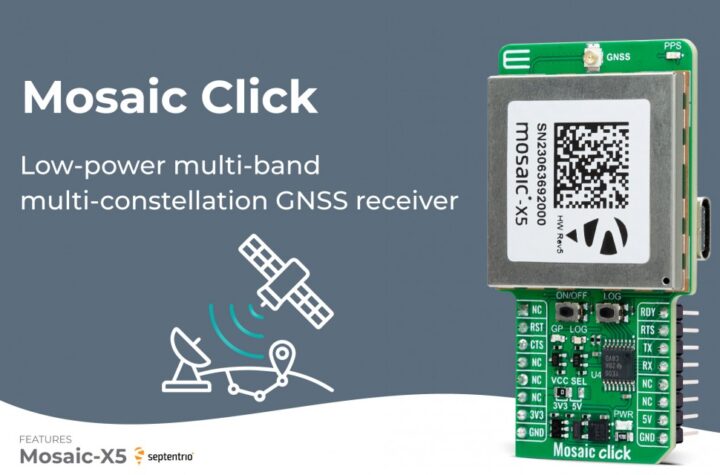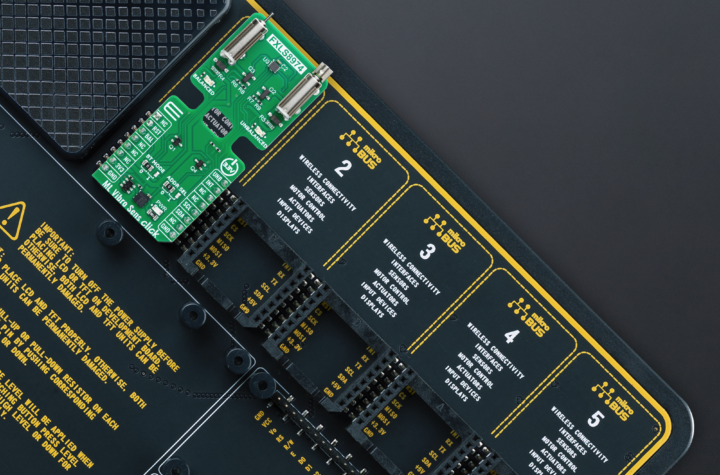
Quantum Technologies and Mr. Alan Perriton, former Senior Executive of General Motors Asia/Pacific, have joined the Plug-In Hybrid Development Consortium (the “Consortium”). The Consortium is made up of a growing number of automotive suppliers, manufacturers and other organizations working together to accelerate the commercial production of Plug-in Hybrid Electric Vehicles (“PHEVs”).
Quantum and its subsidiary, Tecstar Automotive Group, are leaders in powertrain engineering, system integration, rapid prototyping, advanced propulsion systems, and manufacturing of packaged fuel systems for hybrid, fuel cell, and alternative fuel vehicles. Quantum has product commercialization alliances with General Motors, AM General, and Sumitomo. Quantum’s customer base includes General Motors, Toyota, Opel, Hyundai, Suzuki, Ford, DaimlerChrysler, AeroVironment, and the U.S. Army. Quantum has also developed hybrid hydrogen technologies for the Toyota Prius and the Hydrogen Ford Escape Hybrid now in development. Quantum brings valuable vehicle prototyping, powertrain, and system integration engineering services to the Consortium, which plans to demonstrate affordable plug-in hybrid technology to automakers in a PHEV design with the potential of achieving over 100 mpg.
“Quantum is pleased to join the Consortium and contribute system integration and energy storage expertise in the development of the next generation hybrid vehicle. We believe that plug-in hybrid electric vehicles can be practical and cost-effective, and support the transition to fuel cell vehicles,” said Dr. Neel Sirosh, Chief Technology Officer, Quantum.
Alan Perriton joins the Consortium as an advisor to the automotive industry. Mr. Perriton formerly served as president of General Motors, Korea and head of GM Asia/Pacific’s New Business Development/M&A activities. Having led GM’s fuel cell business development activities for a period of time, Mr. Perriton’s expertise in this field will be of great assistance. “The Plug-In Hybrid Development Consortium can help automakers accelerate the development of plug-in hybrids by introducing critical new technology and by reducing development time and costs. I see plug-in hybrids as a legitimate bridging technology to our Hydrogen future,” said Perriton.
“We are pleased to welcome Quantum and Alan Perriton to the Consortium,” said David West, co-founder of the Consortium and VP Marketing, Raser Technologies. “The technical expertise of Quantum along with the leadership of auto industry experts such as Alan Perriton are valuable additions to the Consortium and will help coordinate the Consortium’s efforts with automakers.”
PHEVs are dual-mode hybrids that can run on low-cost electric fuel or gasoline. Plug-in hybrids can deliver significant improvements in fuel economy by driving their first 25 to 50 miles on clean renewable electric fuel for about 1/4 the price of gasoline before turning on the combustion engine.
The Consortium was organized to help reduce the R&D gap between component suppliers and OEMs, and to coordinate and accelerate the development of critical new solutions while reducing the development time for the next generation Hybrid vehicles. The members of this growing Consortium plan to develop compatible components and cost-effective working designs that would enable a plug-in hybrid to achieve 100-200 total mpg petroleum economy by driving its first 25 – 50 miles in all-electric zero-emission mode. This “Dual Mode” PHEV will then continue to operate in a high-efficiency hybrid electric mode to achieve conventional range of operation.
Alan Perriton also serves on the Board of Directors of Raser Technologies Inc. (http://www.rasertech.com/), an advanced electric drive technology company that also participates with the Plug-In Hybrid Development Consortium.
About The Plug-in Hybrid Development Consortium
The Plug-In Hybrid Development Consortium is made up of key component suppliers who intend to work together with participating automobile manufacturers to coordinate and accelerate the development of key hybrid components and demonstrate these advanced technologies in “next generation” plug-in hybrid electric vehicles. Membership is divided into two groups, developers, made up of component suppliers and advisors. Phase 1 membership is not exclusive.
More information on Quantum may be found at: http://www.qtww.com/
Further information on the Plug-In Hybrid Development Consortium may be found at: http://www.hybridconsortium.org/.















More Stories
AVL ThermalLab™ brings dynamic road VTMS conditions to the laboratory
Sika – where battery storage technology for EVs, wind and solar meet
Driving Change with Circular Aluminum: Hydro’s Role in the Automotive Future